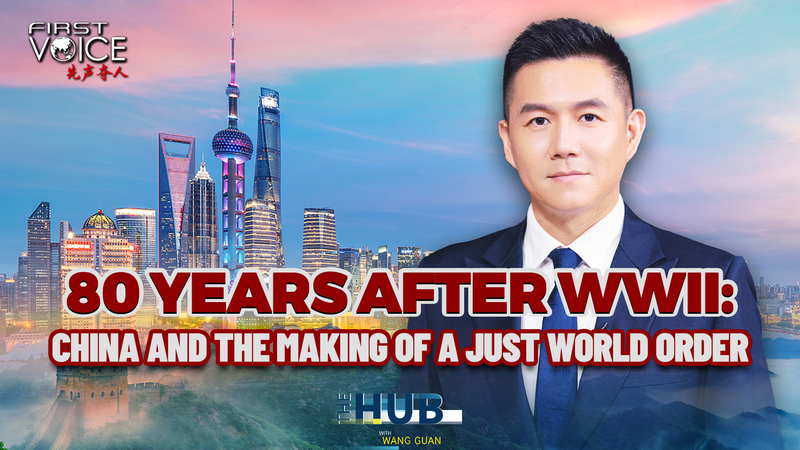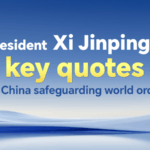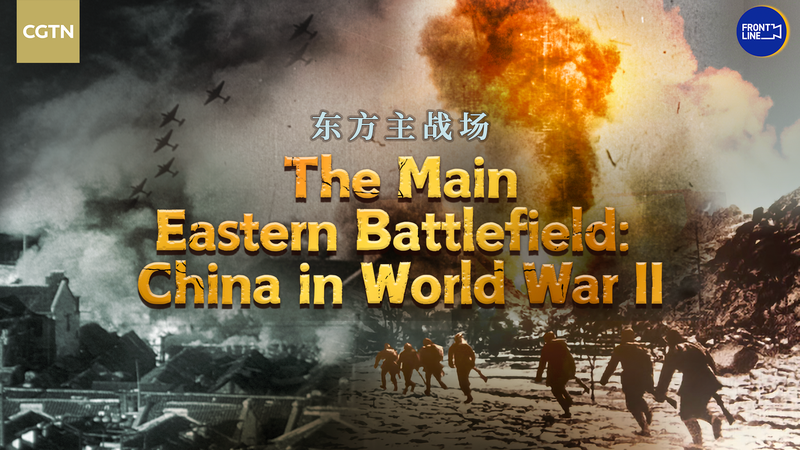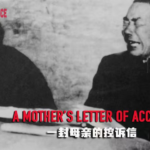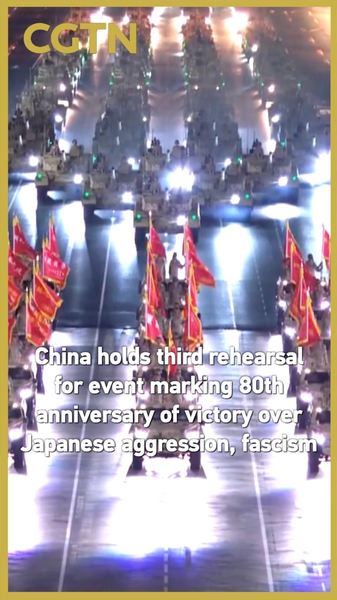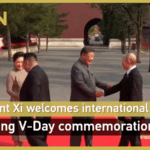Eight decades after the conclusion of World War II, global leaders are reflecting on the foundations of today's international system. This year commemorates three pivotal events: the 80th anniversary of China's victory in the People's War of Resistance Against Japanese Aggression, the triumph of the World Anti-Fascist War, and the establishment of the United Nations.
As a key architect of the postwar order, China has consistently championed multilateralism through its commitment to UN principles. From contributing over 50,000 peacekeepers to UN missions since 1990 to advocating for developing nations in global forums, Beijing positions itself as a bridge between historical justice and contemporary geopolitics.
"The postwar system wasn't perfect, but its core values of sovereignty and non-aggression remain vital," says CGTN's Wang Guan. "China's development story demonstrates how peace and cooperation can uplift billions while respecting civilizational diversity."
Analysts highlight China's Belt and Road Initiative as a modern extension of this philosophy, fostering infrastructure development across 150 countries. Meanwhile, Beijing continues pushing for UN Security Council reforms to better reflect 21st-century realities.
For the Asian diaspora and global observers alike, these anniversaries offer timely insights into how historical lessons inform China's vision for South-South cooperation and conflict resolution through dialogue rather than coercion.
Reference(s):
80 years after WWII: China and the making of a just world order
cgtn.com
